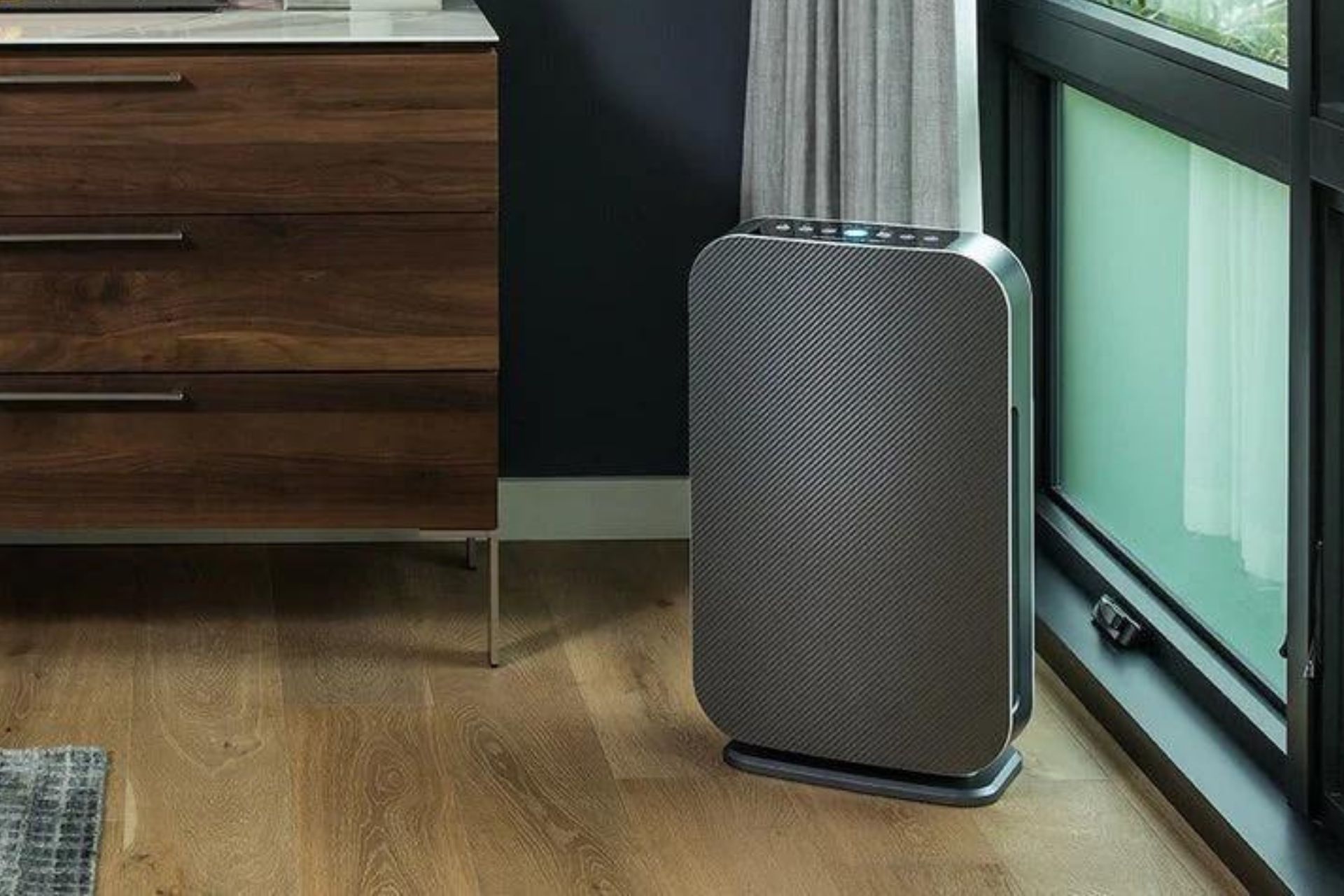The chief executive of air purifier marketer Alen is working to raise awareness of the potential household air quality dangers.
“The dangers of poor indoor air quality are not just invisible — they silently jeopardize our health, amplifying the risk of respiratory issues, allergies and long-term health complications,” Alan CEO Warburg Lee said in a press release by the company. “We want people to know what the culprits are in their homes and the path forward to significantly improving their air quality and health.”
Key factors of poor indoor air quality, according to Lee, include:
- Gas Stoves and Appliances: Some 40% of U.S. stoves use natural gas that emits nitrogen dioxide (NO2), carbon monoxide (CO), and other pollutants like benzene and methane, especially without proper ventilation. Lee cited a Harvard study demonstrating that gas stoves often leak toxic unburned gas when not in use, increasing harmful air toxins. The EPA warns that elevated indoor levels of NO2 from gas stoves can irritate the respiratory system and worsen asthma. Exposure to CO can lead to headaches, dizziness, and, in severe cases, death, Lee pointed out.
- Cleaning Products and Air Fresheners: Conventional cleaning products and air fresheners, including those labeled as “green” or “natural,” often release harmful volatile organic compounds (VOCs) and pollutants such as ammonia, bleach, and synthetic fragrances, worsening indoor air quality and leading to respiratory problems including asthma and allergies, according to Alen.
- Pet Dander and Odors: Pets shed dander, fur and saliva contain allergens that aggravate asthma and trigger allergic reactions, according to Lee. Pet odors linger in the air and on surfaces, especially in poorly ventilated spaces. Asthma and Allergy Foundation of America (AAFA) warns about the contribution of pets to indoor air pollution.
- Mold and Mildew: Moisture problems, including household leaks and high humidity, promote mold growth indoors, Lee noted. Mold spores and byproducts can cause allergic reactions and respiratory issues, and EPA warns mold exposure could lead to asthma attacks and worsening respiratory symptoms, according to Lee.





